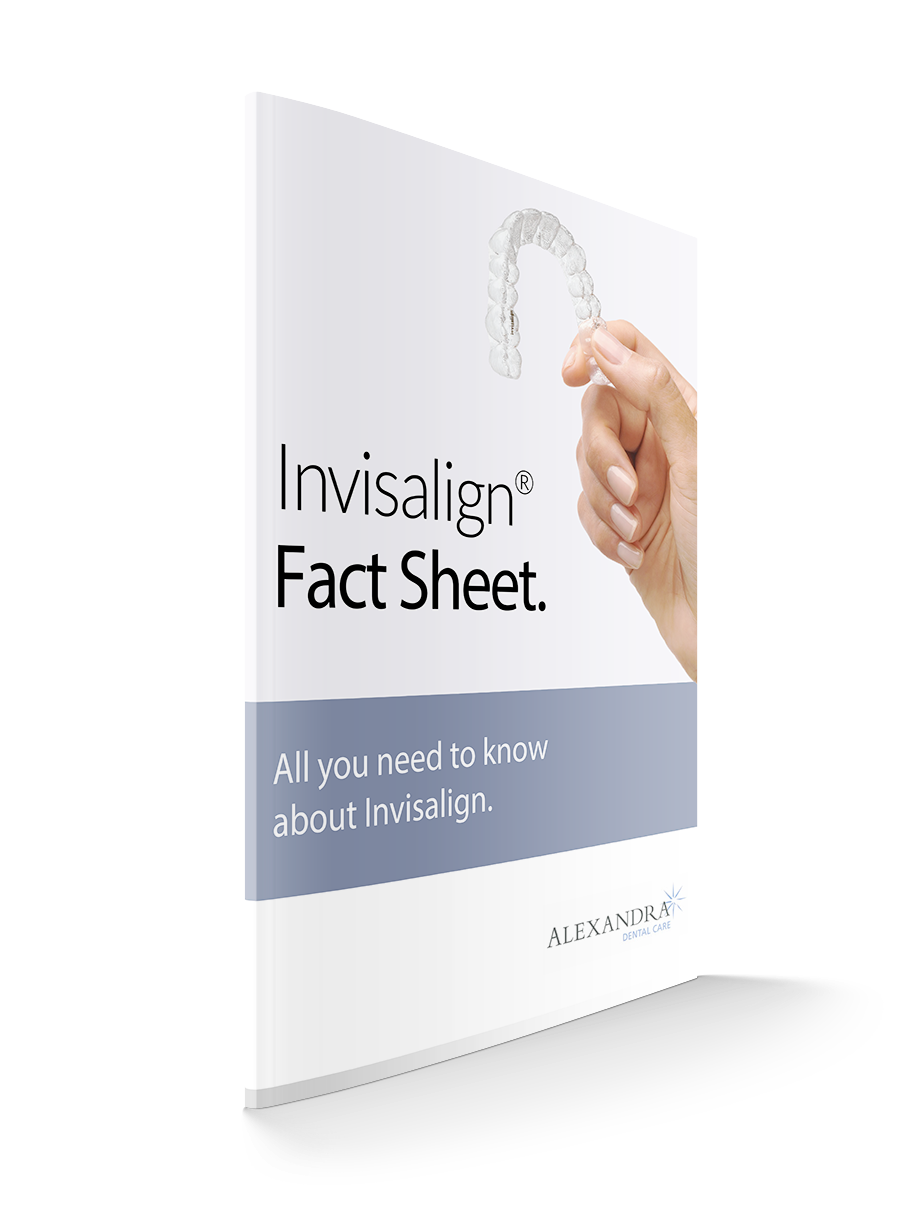Porcelain Vs Composite Dental Veneers
Our Burton and Ashby dentist takes a look at the pros and cons of each material.
Dental veneers are one of the many possible treatments used as part of a smile makeover treatment at Alexandra Dental Care. They are also widely used to whiten teeth where they are too badly stained for a regular teeth whitening procedure to be fully successful. They are excellent too, at providing a beautiful, replacement tooth surface where the natural tooth is chipped or cracked.
There are two materials that are commonly used to make dental veneers; porcelain and composite. In today’s blog, we take a look at the pros and cons of each of these materials.
Composite Veneers
Composite resin offers a simple and relatively effective way of creating dental veneers. There are both positives and negatives to this approach though.
Pros – Composite veneers are often prepared chairside and can be applied to the tooth the very same day. This is especially ideal if a patient chips a tooth, for example, just before their wedding day. A composite veneer, once fitted, shaped and polished, would leave the tooth looking natural, with adequate strength for some time.
Cons – Composite veneers are not the strongest available. Over time they are more likely to chip than porcelain although more composite can be added to restore it. Composite is also more porous and, over time, staining may affect the colour of the veneer, making it appear different to the other teeth. The life span of composite veneers is usually in the range of four to eight years, although, as noted before, by this stage they may not look especially attractive.
Porcelain veneers
Unless there is a need for veneers to be placed very quickly, we generally recommend porcelain veneers to our patients from Burton and Ashby. They are a superior product and offer the best opportunity to create a great looking smile.
Pros – Long lasting, in the region of ten years and often much more. Due to the fact that they are non porous, there should be no real staining, although surface staining is possible if you do not clean them. Porcelain veneers are very strong and easy to keep clean and require minimal maintenance. They offer a very realistic tooth-like appearance.
Cons – To create porcelain veneers, full teeth impressions are taken and these are sent to a dental laboratory for the veneers to be made. This can take a week or so, during which time temporary veneers will be fitted for protection. Porcelain veneers therefore require two separate dental appointments unlike composite which typically requires only one. They are also more expensive than composite veneers.
We appreciate that different patients will have different aims and we will be pleased to discuss the pros and cons of both veneer materials in more detail during your consultation. If you would like to book an appointment, our reception team will be happy to help you choose a convenient time. Simply call Alexandra Dental Care on 01283 216347.
Google+
Comments are closed.